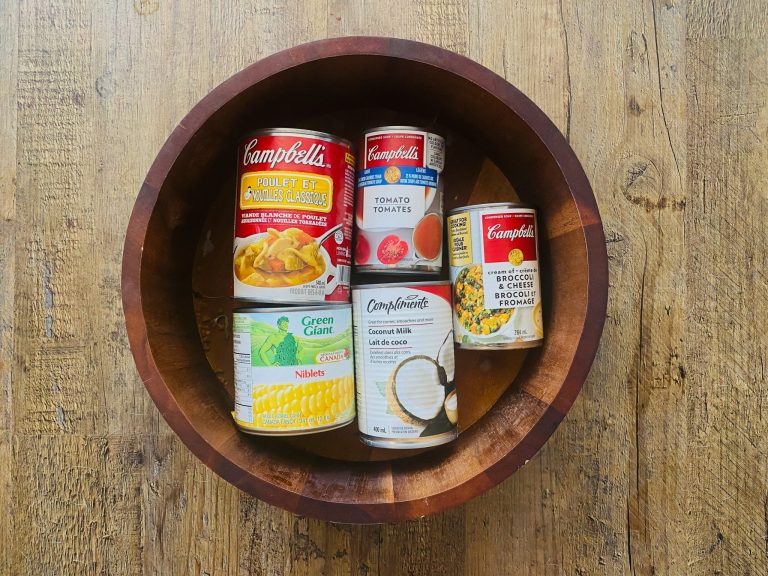Food assistance is a much needed service, especially during a global pandemic. Food insecurity was exacerbated during the last 19 months for many reasons, ranging from unstable finances to grocery shortages that were abundant in the beginning of the pandemic.
The Food Bank of Waterloo Region is working to address this need through their yearly Full Bellies, Happy Hearts campaign. This campaign launched in 2019 and runs annually from July 1 to Aug. 31 with the goal of raising one million meals for those in the community in need of food assistance. In the summer, donations decrease as people spend time away from their communities.
“We know a lot of people who make food donations every week when they’re at the grocery store. But if you’re at the cottage, you’re not in your grocery store every week making those donations,” Wendi Campbell, CEO of the Food Bank of Waterloo Region, said.
“[Summer] months are times when donations tend to decline. Our shelves aren’t as full. And although we’ve been doing a lot of additional work to serve the community to address the needs during COVID, we’re also purchasing a lot more food.”
This year, the Food Bank surpassed their goal and raised 1.5 million meals for the community. Campbell said that the majority of the fundraising this year was made through financial donations.
“With financial donations, for every dollar we raise, we can provide [six] meals in the community,” Campbell said.
“We’re going to be able to restock our shelves, replenish our inventory, keep essential services moving, keep trucks on the road and ensure that food continues to be distributed out to our food assistance network, which is close to 100 programs in our community that [fed] more than 33,000 people last year.”
Last year’s fundraising goal of 500,000 was more than doubled, with donations coming in at over 1.1 million meals by the end of summer 2020. The campaign is part of a larger effort by the organization which, according to Campbell, distributed almost 4 million total meals through its Community Food Assistance Network.
One third of the people served by the Food Bank’s network are under 18. With school out for those summer months, food can become even more scarce for students who benefit or rely on regular school food programs.
“We’ve always known that the reality is hunger can happen to anyone at any time for a variety of reasons. And we know that there’s been sudden job loss, there’s unexpected expenses and medical costs that people are dealing with,” Campbell said.
“The pandemic is adding a whole layer to economic insecurity. And at the end of the day, people are faced with unimaginable decisions and really difficult decisions about buying groceries or paying rent or buying groceries and paying bills.”
Navigating the food bank’s services through COVID-19 was not easy, but Campbell said community support has helped to fill their needs.
“We kept adapting to all the changes that were happening in the community with provincial regulations and public health regulations, but the needs in the community changed dramatically,” Campbell said.
“It’s a true testament to the support that we’ve received from the community that it has allowed us to really pivot and adapt and distribute more food than we ever have before.”
“It’s about the community coming together and showing our neighbors that we care—that we want to help through challenging times,” Campbell said.

